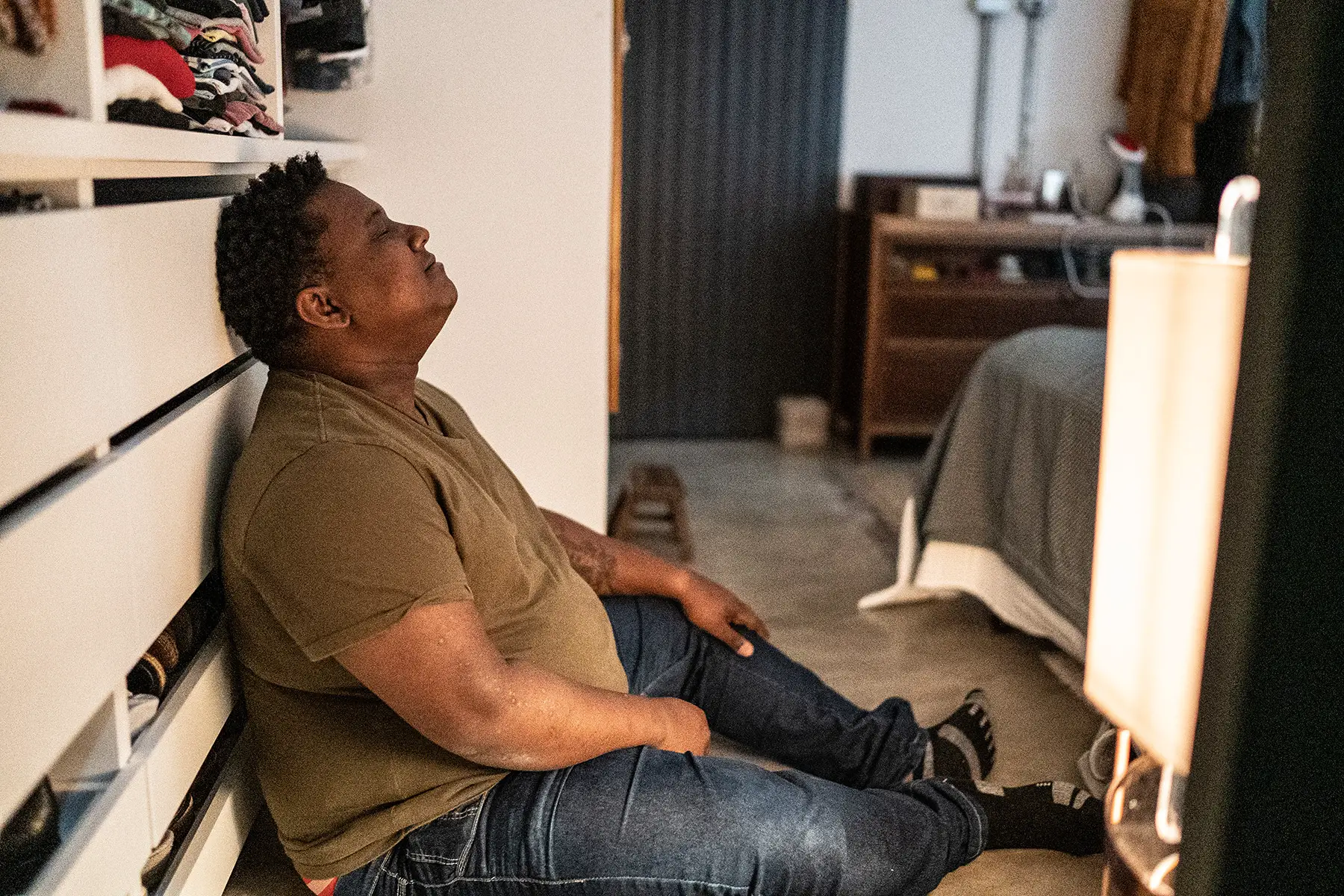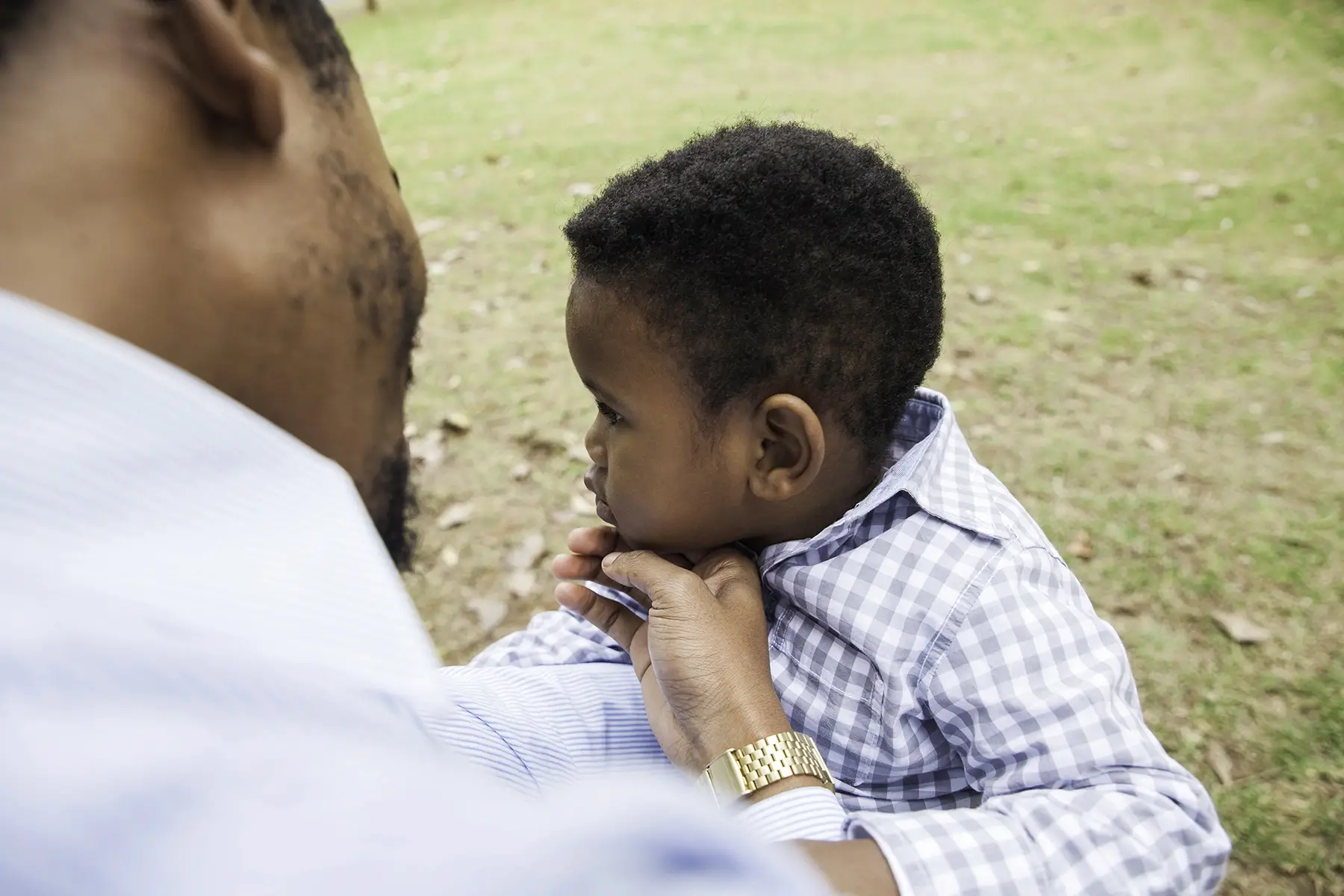Moving to South Africa as an expat comes with many exciting opportunities.
You get to assimilate into a rich culture with many incredible museums to see, festivals to enjoy, foods to try, and places to discover. Of course, you’ll also meet interesting people, and singletons might even explore the local dating pool.
However, those that arrive with a partner or couple up during their stay may face a breakdown in their relationship and consider separating or divorcing. Explore the following topics to help you navigate this challenging situation:
- An overview of divorce in South Africa
- Ending a civil partnership
- What are the legal grounds for divorce in South Africa?
- What happens if your visa depends on your marriage?
- Getting a divorce in South Africa: step by step
- What should you consider when getting a divorce in South Africa?
- Alternatives to getting a divorce in South Africa
- Useful resources
lingoking
Do you need help translating documents? Make sure all your legal proceedings go smoothly by using lingoking for all your translation needs. Whichever papers you need translated, lingoking's network of professional translators can help. Order online 24/7 and take some of the stress out of your legal procedure.
An overview of divorce in South Africa
According to the government’s latest statistics, South Africa’s General Divorce Rate (GDR) increased significantly by 13.1% between 2020 (16,097) and 2021 (18,208). Most were in their 40s, and around 143 were between same-sex couples.

However, the numbers still show a declining trend, as there were 23,710 divorces processed in 2019, a decrease of 6.2% from the 2018 figures.
Experts propose several reasons for these figures, including:
- Marriage decline
- Stigma in some sections of society, especially for Black African women
In addition, women are more likely to file for divorce; 54,8% compared to 33.7% of men.
Ending a civil partnership
Civil partnerships are legal in South Africa, thanks to the 2006 Civil Unions Act. This allows any couple to enter into a civil union or civil marriage, no matter their sexual orientation or religion, for example.
Although the documentation is slightly different, legally, civil partnerships have the same status as traditional marriages. Because of this, a civil partnership can only end with an order from the South African courts. As such, couples essentially have to go through a typical divorce procedure to dissolve their partnership.
What are the legal grounds for divorce in South Africa?
According to the Divorce Act of 1979, there are three main grounds for divorce:
- Irretrievable breakdown of marriage
- Mental illness
- Continuous unconsciousness
South Africa does not legally recognize separations. As such, couples wishing to end their marriage formally must file for divorce, even if they have lived apart for years.
The legal process for getting a divorce in South Africa is relatively straightforward, and in some cases, the parties involved can go their separate ways in about a month; the country places few restrictions on couples wishing to end their marriage.
As such, most people can begin proceedings by filing at the local, regional branch of the Magistrate Court or the High Court. It is important to note, that expats will have to prove their residency or immigration status in South Africa.
In addition, the plaintiff – the person filing for divorce – must prove legal grounds for ending the marriage. Essentially, they must show that they can no longer live with their spouse and that there is no chance of fixing the problems in their marriage.
Irretrievable breakdown of marriage
This is an umbrella category that covers a range of domestic issues. Essentially, the couple must prove that they cannot live together any longer and cannot resolve any differences they may have. Reasons falling into this category of divorce may include the following:
- Living separately for over a year
- Desertion
- Adultery
- One party is declared a habitual criminal by the court and incarcerated
- Domestic violence
Mental illness
A spouse may also file for divorce in South Africa if they can show that their partner struggles to manage their daily life or maintain a healthy relationship because of a severe mental illness.

However, to meet this criterion, they must show that the other spouse has been:
- Admitted to an institution as an in-patient with a reception order
- Detained as a President’s patient at an institution
- Detained as a convicted prisoner with a diagnosed disorder or mental health issue
In addition, the patient must have been within the care of an institution or other mental healthcare facility for at least two years immediately before their spouse files for divorce. Two psychiatrists must also confirm the diagnosis and that they would need ongoing care, making it difficult to maintain a healthy relationship.
Continuous unconsciousness
The South African courts may also grant a divorce if one partner is unconscious for at least six months immediately before the proceedings begin. In this case, two doctors must testify that there is little chance of recovery, and one must be a neurologist or neurosurgeon.
What happens if your visa depends on your marriage?
If your legal residency in South Africa depends on your relationship status, you can lose the visa if you get a divorce. All couples residing in the country on a visa must report their divorce to the Department of Home Affairs, which will most likely cancel the existing visa or permanent residency status.
In this case, you may have several options. For example, if you separate – instead of filing for divorce – the visa remains in place because you are still legally married. If you do get a divorce, you could qualify for another type of visa. For example, you could establish a company and get a business visa or a job and apply for a work visa. Or, if you have been in the country for over five years, you may be eligible for permanent residency.
Getting a divorce in South Africa: step by step
There are essentially three types of divorces in South Africa:
- Uncontested
- Contested
- Do-it-yourself
The process for each is slightly different, and the route a couple selects will depend on their particular circumstances and relationship. Each procedure will begin with the person filing for divorce (the plaintiff) serving a divorce summons on the other spouse (the defendant).

In addition, both parties will need the following documents:
- IDs and South African visas
- Marriage certificate
- Birth certificates of their children
- Pre-nuptial agreements
Generally, all documents should be in one of South Africa’s 12 official languages; for most expats, this would be English. As such, documents not in these languages must have an official translation from an approved individual or company like lingoking.
Uncontested divorce
This option is straightforward and least expensive as the defendant does not challenge the pending divorce, and any agreements about child custody, alimony, and property division are reached quickly.
Usually, the spouses still use attorneys to handle negotiations and draft agreements. As such, the process in this kind of divorce is as follows:
- The plaintiff appoints a lawyer to begin proceedings and draft a summons that includes the terms of the divorce
- A court issues the warrant, and a Sheriff serves it on the defendant
- The defendant appoints their lawyer if they have not done so already
- The defendant responds to the summons and accepts the terms of the divorce, called a plea
- The plaintiff applies for a trial date at the local court so a judge can review the case and rule on the divorce
- The lawyers draft a divorce agreement
- Each spouse signs the divorce agreement
- The lawyers file the agreement with the court
In an uncontested divorce, the marriage is often officially resolved within weeks because there is no haggling over the terms and agreements.
However, the defendant may sometimes choose not to respond to the summons. If this happens, the plaintiff can apply to the High Court to add their case to the roll after a specific date. At the trial, the court will usually decide in favor of the defendant and issue a divorce.
Contested divorce
This type of divorce is usually the result of an acrimonious separation when the spouses cannot agree to the terms, stalling the process.
There are many reasons why this can happen, for example, arguments over the division of assets, child custody arrangements, or alimony. In some cases, though, spouses simply refuse to settle out of bitterness.

The process for a contested divorce is as follows:
- The plaintiff appoints a lawyer to begin divorce proceedings and draft a summons that includes the terms of the divorce
- A court issues the summons, and a Sheriff serves it on the defendant
- The defendant appoints their lawyer if they have not done so already
- The defendant responds to the summons (the plea) and files a counterclaim outlining their terms
- The plaintiff can choose to reply to the counterclaim with their own
- The parties meet for a pre-trial conference to try and settle the terms of the divorce
- If the parties cannot settle on an agreement, the plaintiff applies for a trial date with the court, and all documents are submitted to the court for the discovery process
- The lawyers draft a divorce agreement according to the court’s ruling
- Each spouse signs the divorce agreement
- The lawyers file the agreement with the court
Because contested divorces in South Africa require much more negotiating to settle the terms, they can often take longer to process – months or even years – costing significantly more.
Do-it-yourself divorce
In this type of divorce in South Africa, the plaintiff and defendant handle the process directly, without the help of attorneys.
This can be far more affordable and appropriate, depending on your situation. For example:
- If the divorce is uncontested and uncomplicated
- Few assets to divide
- No children to arrange custody or child support
However, both parties must be willing to handle all the administrative tasks and paperwork themselves. If they need help, though, the local Magistrate’s Court can offer some guidance and provide all the forms necessary to effect the divorce.
Costs
The cost of getting a divorce in South Africa largely depends on how the couple goes about it.
For example, a simple, uncontested divorce might cost between R8,000–15,000. However, with a contested divorce, lawyers have to get involved, and they can charge a minimum of R2,000/hour. There are also additional costs to consider, such as mediation and court attendance.
Of course, a do-it-yourself divorce will be the cheapest option, as the couple can handle everything themselves.
What should you consider when getting a divorce in South Africa?
When you file for divorce, there are three primary considerations to discuss in the terms:
- Custody and child support
- Division of property
- Maintenance or alimony
Custody of children and child support
In South Africa, child custody is governed by the Children’s Act, Act 38 of 2005. The South African courts can award custody to either or both parents with different rights. Generally, the country prefers awarding joint custody to both parents.

As in other countries, there are different types of child custody arrangements in South Africa, including:
- Joint custody: both parents share responsibility for the children, often with a joint residence order so that they stay at each home equally
- Primary residential custody: children live primarily with one parent, and the other gets regular visitation and stays
- Right to contact: the parent not awarded primary custody still retains the right to visitation and contact with the children
- Limited to no contact: one parent is awarded primary custody, while the other only gets conditional contact, or none at all
- Sole custody: one parent gets full responsibility while the other does have any rights around contact, visitation, or raising the children
Divorcing parents must apply to the High Court or Children’s High Court to file for custody of any offspring. These authorities will make the final decision about the best custody arrangement for the children.
Property division
When filing for divorce in South Africa, a couple may have numerous assets to be divided, including:
- Funds in bank accounts
- Pensions
- Investments
- Businesses
- Homes
- Cars
- Valuables like jewelry and art
In some cases, couples may have a pre-nuptial agreement stipulating how these assets should be divided. Without one, they will have to agree or go to court to finalize the property division.
There may also be certain debts, such as mortgages, that must be split up.
In South Africa, courts can decide to divide assets in three ways, depending on the legal set-up of the marriage:
- Married in community: the couple has only joint assets and liabilities, and everything will be divided equally
- Married out of community without accrual: each spouse has a separate estate and no right to the other’s; the court may split their assets as it deems fair
- Married out of community but with accrual: although each spouse has a separate estate, the terms of a pre-nuptial agreement are taken into account, along with the accrual of assets during the marriage; the spouse who had the lowest accrual during the marriage may claim the other’s
Spousal maintenance/alimony
Where there is an existing pre-nuptial agreement, the South African courts will abide by its alimony terms during a divorce. However, without one, the judge will decide, taking several considerations into account, for example:
- The earning potential and financial needs of both parties
- The age of each spouse
- The length of the marriage
- Each spouse’s living standards before the marriage
Whatever decision the court makes, the spousal maintenance remains in place until the benefactor dies or remarries.
Importantly, the spouse claiming alimony must file a Rule 43 application with the High Court or Rule 58 application with the Regional Court before it grants the divorce order to request interim support for:
- Care or visitations with the child
- Maintenance
- Regular payments (e.g., mortgage, school fees, health insurance)
- Contribution towards the costs of the divorce and legal fees
Alternatives to getting a divorce in South Africa
Getting an annulment
An annulment not only legally ends a marriage, it erases its existence. In South Africa, a couple may choose to annul their marriage – instead of getting a divorce – if they meet the conditions for a void marriage. In other words, one that is not legally valid and never has been. This might be the case in the following situations:
- Did not adhere to the Marriage Act
- Officiated by someone other than an ordained officer
- Celebrated without witnesses
- Between two people with a prohibited relationship (i.e., an incestuous relationship)
- Conducted when one person was already legally married to someone else
- Carried out when the groom was under 18 or the bride was under 15, without permission granted by the Minister of Home Affairs
- Conducted when one person was considered legally insane
- Conducted under misrepresentations (i.e., mistaken identity)
In all of these cases, the void marriage has no legal validity from its very beginning. As such, the couple does not have to go to court to get a decree of nullity; they can simply separate and move on. Still, if they want proof of the annulment, it is possible to get a declaratory order that voids the marriage.
Conversely, a voidable marriage is one that was legal from the beginning. In this case, the couple can apply for a formal annulment. A voidable marriage may include:
- A minor spouse who married without consent
- One conducted under duress
- If one party was defrauded (i.e., there was a misrepresentation)
- Where the woman, at the time of the marriage, was pregnant by a third party and did not tell the groom
One party can immediately apply to annul the marriage, in any of these cases. It is also advisable to concurrently separate and stop living together.
Divorce mediation
South African legislation encourages mediation for couples via the Mediation in Certain Divorce Matters Act 24 (1987) before filing for divorce. The Children’s Act specifically requires it in child-centric disputes.

It is a cooperative negotiation process where a mediator supports the couple to remain objective and communicate rationally and respectfully to gain an amicable agreement, whether to stay together or separate.
Facilitators in South Africa may have two styles: the British or American practice or the African humanist approach.
The first focuses only on the relationship between the couple. The mediator may have specific legal expertise taking a more authoritative role by controlling the process, even though the parties decide on the outcome.
African humanism emphasizes community, spirituality, and communication. It subscribes to the African concept of Ubuntu: “I am because you are.” The mediator plays a more equal, cooperative role in maintaining harmony, trust, and openness to guide the couple to an appropriate resolution.
Useful resources
- How to get a divorce – South African government site
- Government Gazette: Divorce Act 1979 – official information about the Act





